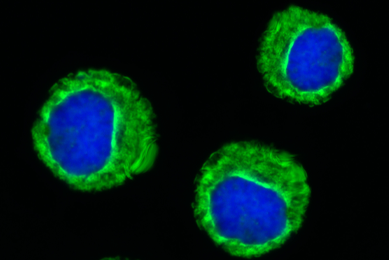 Webinar
Webinar
Track THP-1 Monocyte Signal Transduction with a Bigger, Better, Brighter Signal Webinar
This webinar discusses the utility of THP-1 luciferase reporter cells in immuno-oncology research. With sensitivity and specificity, these cells produce an intense luciferase signal upon stimulation, making them ideal for screening immunomodulators and evaluating drug efficacy.
More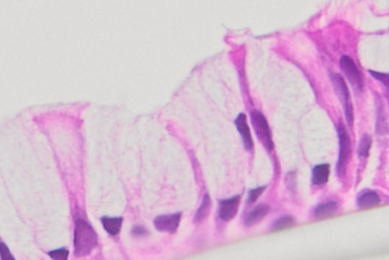 Webinar
Webinar
Does Differentiation Matter? Comparing the Toxicological Response Between Airway Epithelial Models Webinar
Learn about advanced airway models that can be used to assess the toxicological response to exposure to unknown compounds, serving as useful tools for future airway toxicity research.
More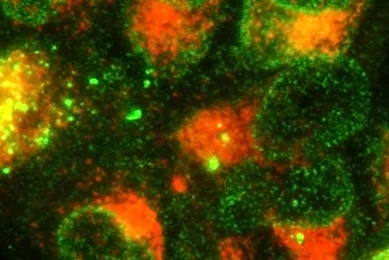 Webinar
Webinar
Luciferase Reporter Cancer Cell Lines: Facilitate Your CAR-T Development Webinar
Watch the presentation to see the responses of tumor cell lines to several immunotherapies in a co-culture assay system with a human CD4+ T cell line and primary CD8+ T cells, demonstrating a unique and effective approach for checkpoint assay development.
More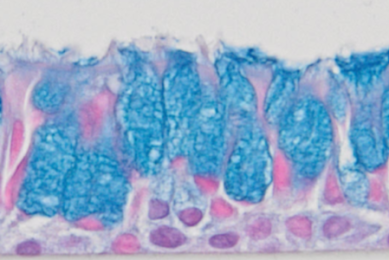 Webinar
Webinar
Evaluating the Differentiation Potential of Primary Airway Cells in 3-D Models Webinar
This webinar elucidates techniques to help you generate 3D airway models with consistent full epithelial differentiation for your drug development studies and toxicological testing.
More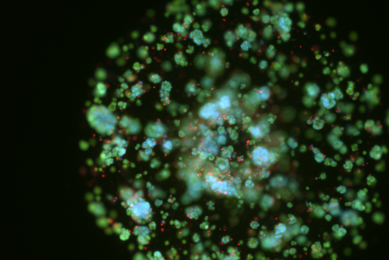 Webinar
Webinar
Organoid Growth Media: Techniques to Help You Streamline Culture Webinar
Culturing organoids can be intimidating. In this webinar we will provide a video tutorial on creating organoid media using ATCC Organoid Growth Kits, showing how they can reduce the time and effort required to prepare media and help ensure the successful growth of your organoids.
More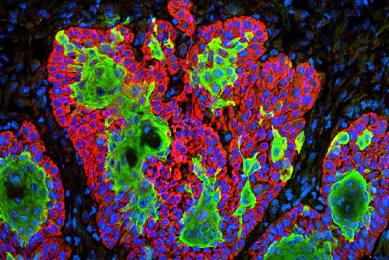 Webinar
Webinar
Cell Culture Basics: Initiate, Expand, Authenticate, and Cryopreserve Your Cells with Confidence
Learn from an ATCC expert the best practices for culturing mammalian primary cells and cell lines. The information delivered covers all aspects of successful cell culture, including culture initiation, expansion, authentication, and cryopreservation.
More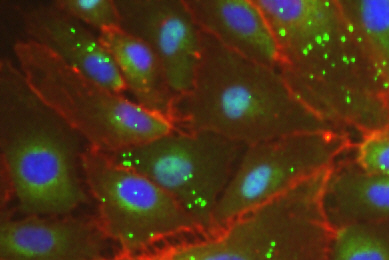 Webinar
Webinar
Cell Line Authentication: Protect Your Research and Reputation
This webinar discusses measures you can take to help protect your research by using ATCC’s portfolio of authentication services and products, including human and mouse STR profiling, mycoplasma detection, and cytochrome 1 oxidase barcoding for species identification.
More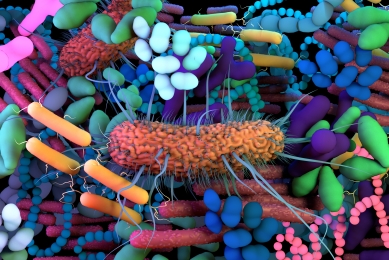 Webinar
Webinar
Skin Microbiome: Considerations, Applications, and Future Directions
This webinar demonstrates how the use of NGS standards in skin microbiome studies can aid in identifying biases at different stages of the workflow—from sample collection to data analysis.
More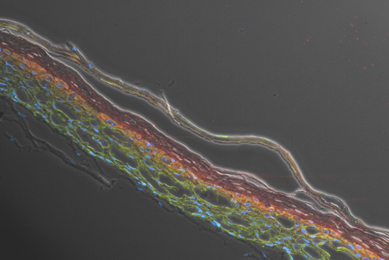 Webinar
Webinar
hTERT-immortalized Primary Epidermal Cells: Key Components in Complex Toxicological Models
This webinar discusses how immortalized primary epidermal cells recapitulate key barrier, growth, differentiation, and other physiologically relevant features, making them useful tools for toxicological applications such as high-throughput screening.
More Webinar
Webinar
Tips and Techniques for Successfully Culturing Protists
In this webinar, we explore the role of protists in the scientific and general communities, and we will detail the initiation, expansion, cryopreservation, and authentication of this diverse group of organisms.
More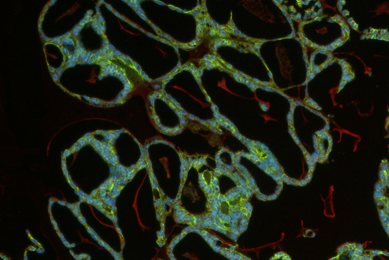 Webinar
Webinar
Tips and Techniques for Successfully Culturing Organoids Webinar
Culturing organoids can be intimidating. In this webinar, an ATCC expert presents step-by-step instructions that thoroughly demonstrate the process of thawing, expanding, and cryopreserving organoids.
More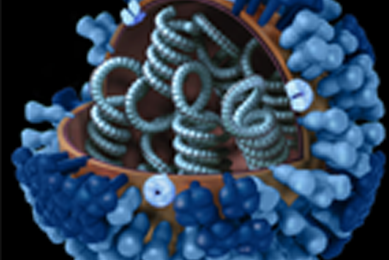 Webinar
Webinar
Tips and Techniques for Propagating your Viral Strains Webinar
In this webinar, ATCC virologists provide an in-depth look at viral propagation and present strategies used to grow, authenticate, and troubleshoot virus cultures.
More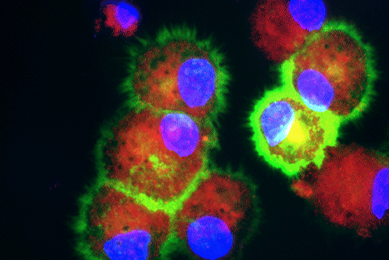 Webinar
Webinar
Checkpoint Molecule Profiling in Tumor and Immune Cell Lines: Applications for Immuno-oncology Drug Screening Webinar
Watch the presentation to see the responses of tumor cell lines to several immunotherapies in a co-culture assay system with a human CD4+ T cell line and primary CD8+ T cells, demonstrating a unique and effective approach for checkpoint assay development.
More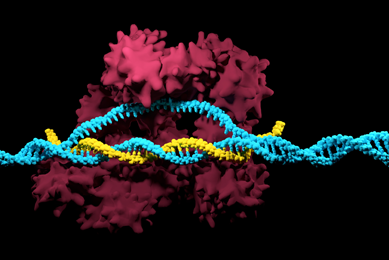 Webinar
Webinar
CRISPR/Cas9 Genome-edited Drug-resistant Cell Models: An Advanced Approach for Overcoming Drug Resistance Webinar
Watch the presentation to learn how CRISPR/Cas9 genome-editing technology was used to introduce a specific point mutation that confers drug resistance into A375 melanoma line, and consider data indicating that this isogenic cell line is resistant to MEK and BRAF inhibitors and sensitive to therapies targeting upstream and downstream elements of the Ras/Raf-MAPK signaling pathway.
More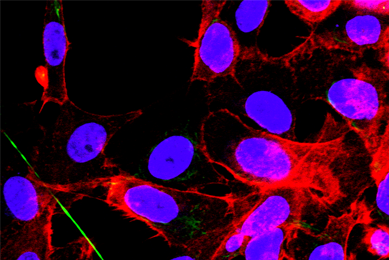 Webinar
Webinar
Tips and Techniques for Safeguarding the Health of Your Primary Cells and Cell Lines Webinar
In this webinar an ATCC expert taps into ATCC’s vast experience and shares the best practices for culturing cells that ensure optimal results and performance. The information delivered covers all aspects of successful cell culture, including culture initiation, expansion, authentication, and cryopreservation.
More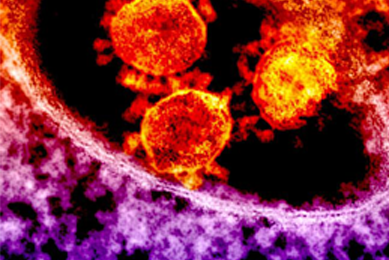 Webinar
Webinar
Give Your Virus and Viral Vaccine Production a Boost with CRISPR/Cas9-Engineered Host Cells Webinar
In this webinar, an ATCC scientist explains how CRISPR/Cas9 genome-editing technology was used to enhance virus production in ATCC cell lines.
More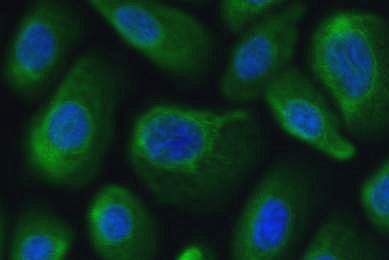 Webinar
Webinar
Reproducibility and Physiological Relevance: The ATCC Toxicology Portfolio Webinar
This webinar discusses how modified primary cells are effective tools that provide tissue-relevant results and reproducibility for any cell-based assay, including toxicology assays.
More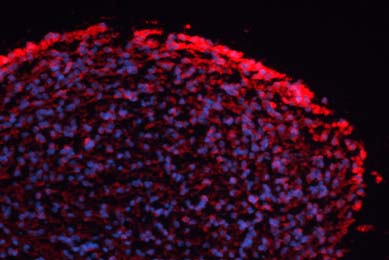 Webinar
Webinar
Modeling Toxicity with Neural Progenitor Cell-derived Neurospheres
Watch this webinar to learn how NPC-derived neurospheres grow exponentially and maintain their progenitor state in culture. In this webinar we will focus on how neurospheres successfully differentiate into multiple brain lineage cells and can be used in drug toxicity studies.
More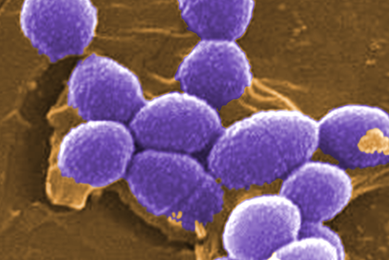 Webinar
Webinar
Tips and Techniques for Successfully Growing Bacteria in Culture
While much is already known about bacteria, their sheer diversity challenges biologists as many species require specialized growth conditions. In this webinar, we cover the methods used at ATCC to achieve successful growth for a wide variety of bacteria and troubleshooting tips to ensure the propagation of difficult-to-grow strains such as Mollicutes and extremophiles.
More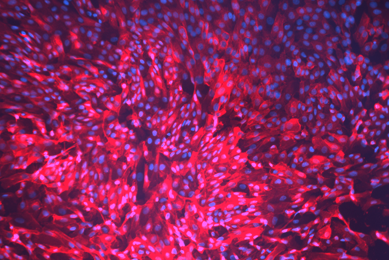 Webinar
Webinar
Kidney SLC Transporter Cells – Reliable Tools for Assessing Renal Solute Passage and Drug Toxicity
hTERT-immortalized primary cells are genetically modified such that the cells exhibit the growth characteristics of a continuous cell but maintain the physiology of a primary cell. This webinar focuses on hTERT-immortalized primary renal epithelial cells and provides application data to illustrate how these kidney models can easily be incorporated into your toxicity testing workflow.
More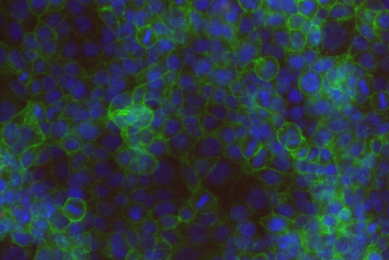 Webinar
Webinar
EMT Reporter Cell Lines: Migrating to Better Models of Transition
This webinar examines a groundbreaking tool for scientists studying epithelial-mesenchymal transition (EMT) and its reverse. We used CRISPR technology to engineer EMT and MET reporter cell lines to monitor this transition. The data discussed here confirmed that the gene-edited cell lines’ fluorescent signal brightened or dimmed appropriately when undergoing EMT or MET.
More Webinar
Webinar
Genomic and Synthetic Molecular Standards: Build a Better Assay
Reliable controls are a critical component in the development of molecular-based assays. In this webinar, we cover ATCC’s growing offering of quantitative genomic and synthetic molecular standards and we provide application data demonstrating the potential use of these products in diagnostic assay development.
More